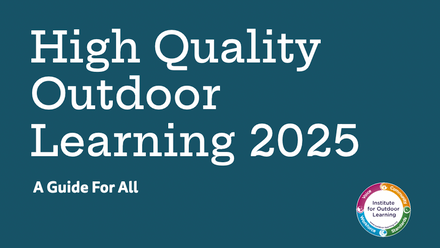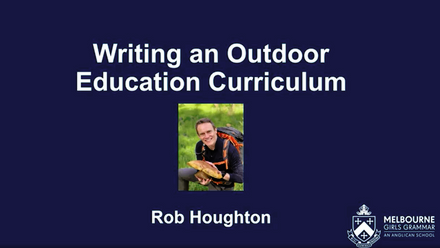|
A LinkedIn Article by Kate Jones The phrase ‘the curse of knowledge’ was coined in 1989 by economists Camerer, Lowenstein and Weber and it refers to a cognitive bias where individuals assume other people know what they know. This can include knowledge and understanding of key terms, concepts or background information that someone erroneously assumes others have. Authors Chip and Dan Heath explain, “Once we know something, we find it hard to imagine what it was like not to know it. Our knowledge has ‘cursed’ us. And it becomes difficult for us to share our knowledge with others, because we can’t readily re-create our listeners’ state of mind” (2010). This curse can make it difficult for experts to explain and teach content or concepts to novices, making the curse of knowledge especially prevalent within education. This is an unusual paradox for teachers; the greater their expertise and subject knowledge, the more challenging it can be to explain to novice learners. It is something all teachers should be aware of and mindful of when planning, designing, and delivering lessons. The curse of knowledge can create issues with communication and ultimately become a barrier to effective teaching and learning. The curse of knowledge within education doesn’t just apply to students’ learning. Anyone delivering professional learning to their colleagues, or others, should be keenly aware of the curse of knowledge before using technical terms, acronyms or concepts that may not be familiar to the audience. What can teachers do to avoid the curse of knowledge in the classroom? Be patient. It can be frustrating (for both the expert and the learner) when students are struggling to grasp a concept or content. Patience, empathy, and understanding are all important—especially as mixed ability classes will often contain students that learn and progress at a different level and pace. Learning is difficult and every expert was once a novice, but it’s easy for an expert to forget that! Avoid assumptions. Instead of assuming students have prior knowledge and understanding of the content, it is essential to check first or provide an explanation or reminder to students. Students with English as an additional language may not possess the vocabulary to access the lesson content. If the teacher is aware of this, they can provide support to make the lesson content accessible. And of course, the teacher should not move onto the next topic without thoroughly checking for understanding and accuracy. Students sometimes may ask a teacher for clarification if they do not understand—but this does not always happen. A student could be reluctant to ask the teacher questions, especially if their peers seem to possess the knowledge and understanding they don’t. They may lack the confidence or worry it is their fault. It’s therefore important not to assume that students understand if they do not ask questions. Encouraging students to give feedback and ensuring a safe and positive learning environment can help to challenge the curse of knowledge. And by using regular, formative assessment teachers can build a more complete understanding of students’ learning—they don’t need to assume what students do or do not already know. Provide support. Lesson slides and resources can be designed with prompts and cues to support students with the encoding and retrieval of information. Students can be provided with opportunities to explain key concepts in their own words, both verbally and through writing. Teachers can use clear language and concrete examples to support learners. These can help counteract the curse of knowledge by sharing the “hidden” knowledge explicitly. Importantly, the curse of knowledge is not a foregone conclusion. The Model for Great Teaching says that effective teachers not only know their curricular content, they also know common misconceptions and “sticking points” in relation to the curriculum (Coe et al., 2020). (This understanding is what some researchers call pedagogical content knowledge.) Furthermore, effective teachers double check or provide further support and explanation if in doubt about students’ prior knowledge and understanding. Experienced colleagues are another valuable resource in understanding more about what our students don’t know, but we might assume that they do. And you’ve already taken a key step to overcome the curse of knowledge—simply acknowledging its existence is the first step to break the curse!
References: Camerer, C., Loewenstein, G., & Weber, M. (1989). The curse of knowledge in economic settings: An experimental analysis. Journal of Political Economy, 97(5), 1232–1254. https://doi.org/10.1086/261651 Coe, R., Rauch, C. J., Kime, S., & Singleton, D. (2020). Great teaching toolkit: Evidence Review. Evidence Based Education. https://evidencebased.education/great-teaching-toolkit/ Heath C. & Heath D. (2007). Made to stick: Why some ideas survive and others die (1st ed.). Random House. |
|
|



